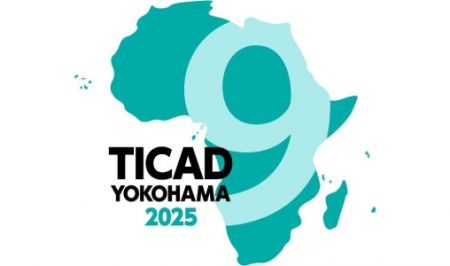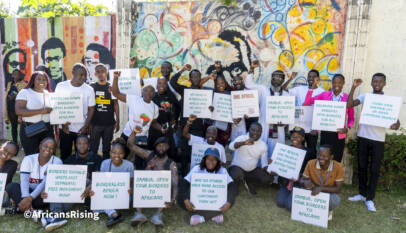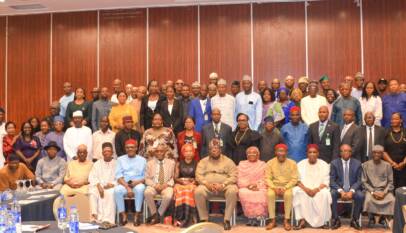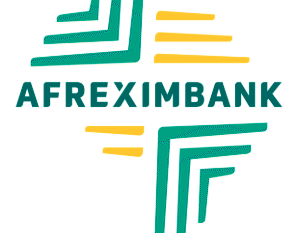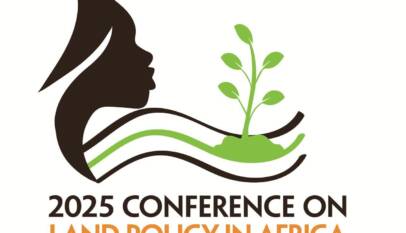ANALYSIS | On Three Decades of Japan–Africa Partnership for Africa’s Development
The 9th Tokyo International Conference on African Development (TICAD9), to be held from August 20 to 22, 2025, in Yokohama, Japan, marks a pivotal moment in the three decades of Japan–Africa partnership—anchored in mutual trust, shared responsibility, and African ownership.
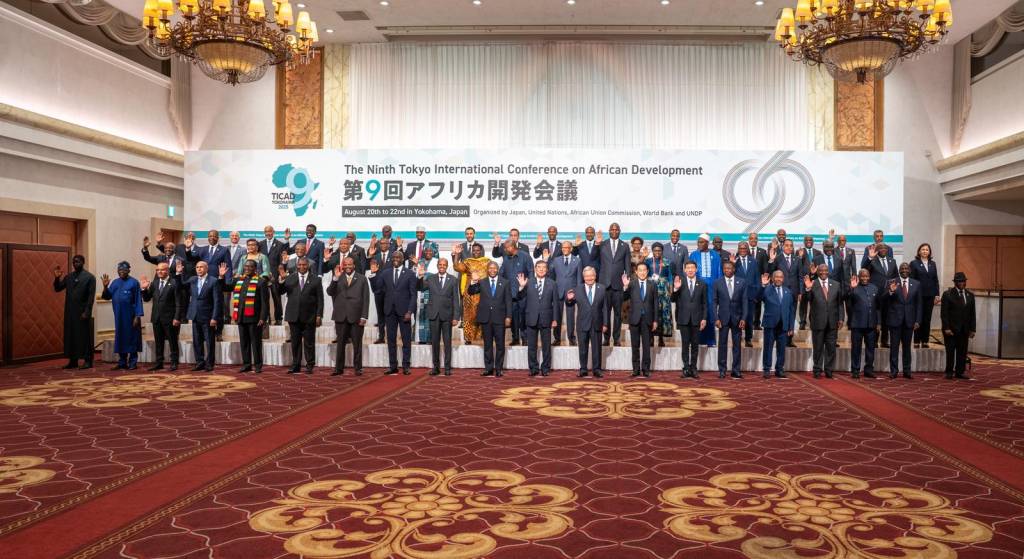
Over the past three decades, TICAD conferences have not only produced policy frameworks and financial commitments but also solidified TICAD’s identity as a platform where Africa’s voice is central and solutions are shaped through genuine partnership. Under the theme “Co-creating solutions for the challenges confronting Africa and the global community,” TICAD9 will this week convene African Heads of State and Government, development partners, private sector leaders, and civil society organizations to chart a shared pathway for Africa’s progress.
TICAD’s distinctiveness lies in its multilateral character, which places Africa’s leadership at the forefront of shaping its development agenda while fostering inclusive, multi-stakeholder collaboration. Since its launch in 1993, TICAD has grown into a globally recognized platform for mobilizing knowledge, technical expertise, and resources in alignment with Africa’s priorities.
As global attention turns to Yokohama this week, expectations are high that TICAD9 will not only deepen Japan–Africa ties but also amplify Africa’s voice on the world stage. By anchoring its deliberations in shared responsibility and true partnership, the conference is poised to chart new pathways toward sustainable, inclusive, and accountable growth in an era of shifting global governance.
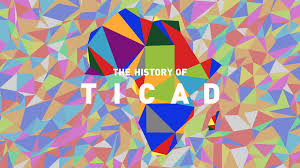
TICAD’s Evolution: Turning a Vision into Reality
Launched in 1993 by the Government of Japan, TICAD was conceived to re-engage the global community in Africa’s development at a time when international interest in the continent had waned amid what was often described as “aid fatigue.” From the outset, TICAD positioned Africa firmly on the global development agenda. Co-organized by the United Nations, the United Nations Development Programme (UNDP), the World Bank, and the African Union, the conference has enjoyed broad legitimacy as a truly inclusive platform.
What distinguishes TICAD among global summits is its open and participatory framework. It convenes African governments alongside development partners, civil society, academia, and the private sector, with a strong focus on collaborative problem-solving and capacity building. For UNDP, a founding co-organizer, the TICAD process reflects its core belief in multi-stakeholder development—one that draws on the collective strengths of governments, non-state actors, and communities alike.
The inaugural TICAD I (Tokyo, 1993) brought together 48 African countries, key donor nations, and major international organizations. The conference produced the Tokyo Declaration on African Development, which underscored Africa’s ownership and self-reliance while calling for renewed international support. This declaration laid the groundwork for sustained engagement anchored in mutual accountability and shared responsibility.
Subsequently, TICAD II (Tokyo, 1998) built on this foundation through the Tokyo Agenda for Action, a landmark policy framework that set clear goals for Africa’s economic and social development. Its priorities included education, health, poverty reduction, private sector growth, governance, and conflict prevention. Five years later, TICAD III (Tokyo, 2003) marked the conference’s 10th anniversary, reaffirming strong support for Africa’s implementation of the New Partnership for Africa’s Development (NEPAD).
TICAD IV (Yokohama, 2008) expanded participation and produced the Yokohama Declaration and Action Plan, which addressed human security, climate change, and the Millennium Development Goals (MDGs), while reinforcing the importance of good governance and peacebuilding in sustainable development. TICAD V (Yokohama, 2013) introduced a landmark Dialogue with the Private Sector, reflecting the growing recognition of enterprise and innovation as central drivers of Africa’s transformation.
TICAD VI (Nairobi, 2016)—the first to be held on African soil—marked a turning point toward deeper African ownership and participation. It culminated in the Nairobi Declaration and Implementation Plan, reaffirming Japan’s commitment to Africa-led development. Most recently, TICAD VIII (Tunis, 2022) convened in the shadow of the COVID-19 pandemic with a strong focus on resilience and inclusivity. The resulting Tunis Declaration underscored priorities around post-pandemic recovery, peacebuilding, and climate resilience.
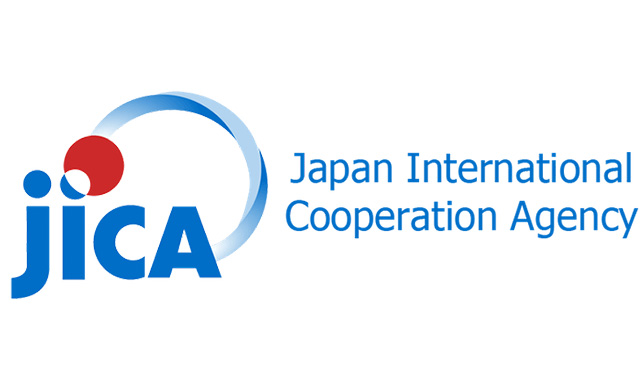
JICA-TICAD: Partnering for Africa’s Development
The Japan International Cooperation Agency (JICA), through its long-standing collaboration with TICAD, has played a pivotal role in advancing inclusive and sustainable development across Africa. Under the TICAD framework, JICA has delivered diverse programs in health, education, agriculture, infrastructure, and governance. Its interventions—ranging from technical cooperation and training to grant aid and public–private partnerships—are designed not only to address urgent development needs but also to build the foundations for long-term growth.
In this context, JICA has supported African countries by training health workers, upgrading essential infrastructure, and expanding access to education. These programs are grounded in trust and mutual learning, with Africa regarded not merely as a recipient of aid but as a partner with vast potential. JICA has also contributed to peacebuilding and governance reform, particularly in post-conflict contexts such as South Sudan and the Sahel, where it has supported democratic processes, reintegration, and administrative reforms.
Human capital development remains at the heart of JICA’s strategy. Through scholarship programs, vocational training, and leadership exchanges, the agency has empowered thousands of African professionals to contribute to their countries’ progress. The African Business Education (ABE) Initiative, for example, has nurtured a new generation of leaders in business and public administration. Over the years, thousands of Africans have benefited from JICA’s training programs—both in Japan and across the continent—returning to serve as teachers, engineers, entrepreneurs, and policymakers.
JICA’s philosophy goes beyond providing aid; it is about walking alongside Africa on its development journey, guided by trust, shared responsibility, and African ownership. In many ways, this approach reflects TICAD’s unique model of partnership—listening to Africa, responding to its aspirations, and building solutions through mutual respect and collaboration. Together, JICA and TICAD have not only deepened Japan–Africa ties but also made lasting contributions to building a resilient, inclusive, and future-ready Africa.
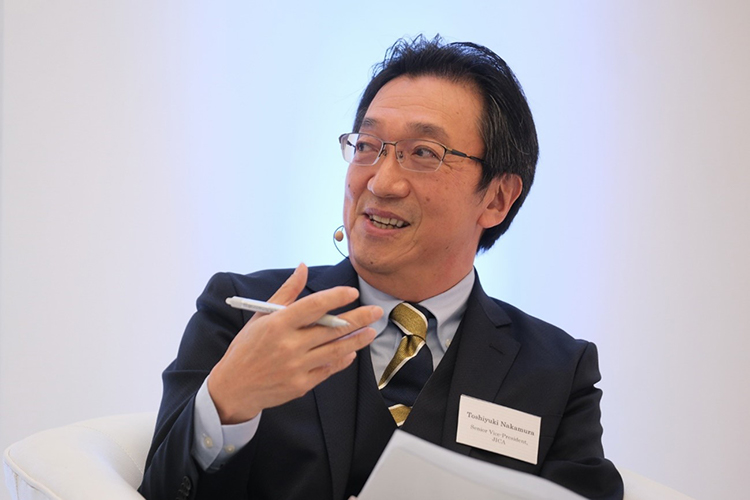
Japan – Africa Collaboration: a Partnership of Equals” – Ex JICA VP
Mr. Toshiyuki Nakamura, former Senior Vice President and Special Advisor to the President of JICA, reaffirmed Japan’s enduring commitment to Africa’s development. “We at JICA have long believed in building a relationship of trust with Africa through listening, learning, and working hand in hand with local communities. Through TICAD, we have created a space where African voices shape the dialogue. What makes TICAD different is that Africa is not a passive recipient but an equal partner in every decision-making process,” he told African Newspage.
Mr. Nakamura noted that TICAD has matured into a powerful platform for Africa and Japan to co-create solutions tailored to African realities, rather than importing external models. “We do not see Africa as a continent of problems; we see it as a continent of potential, resilience, and innovation. Our role through TICAD is to empower that potential by co-designing solutions with African stakeholders. Whether in health, education, or infrastructure, we believe in solutions that emerge from within, not from outside.”
Echoing this view, Mr. Kei Yoshizawa, Senior Advisor at JICA’s Africa Department, stressed that JICA’s engagement with Africa extends beyond financial or technical assistance—it is grounded in mutual trust and cultural understanding. “TICAD9 is not going to be just another conference. It will be a platform for reaffirming shared values and scaling up successful models of cooperation. We want to showcase what has worked, listen to Africa’s new priorities, and adapt accordingly. The goal is to ensure that every initiative is responsive, practical, and people-centered.”
Mr. Yoshizawa emphasized that JICA’s investments are always paired with human capacity development to secure sustainability. “It is not enough to build a road or donate medical equipment. We must ensure that local professionals are trained, systems are strengthened, and communities are empowered to sustain progress. That’s the essence of TICAD’s philosophy—solutions that last because they belong to the people they’re meant to serve.”
Both Yoshizawa and Nakamura reaffirmed Japan’s long-term commitment to walk alongside Africa in tackling pressing global challenges such as climate change, pandemics, and economic resilience. “We are ready to walk the next chapter with Africa. TICAD9 must reflect the changing dynamics of Africa and the world. Together, we can build stronger, smarter, and more equitable systems that serve future generations,” Mr. Nakamura concluded.
Over the past three decades, TICAD has evolved into a transformative platform where African agency is central and global cooperation is redefined through listening, co-creation, and long-term solidarity. TICAD9 presents yet another opportunity for African leaders to elevate the more than 30-year-old Japan–Africa partnership. It is both a moment for reflection on past progress and a call to address urgent challenges—from climate change and health system strengthening to youth empowerment and governance.
Ultimately, TICAD9 offers a chance to renew collective resolve: to scale what works, adapt to emerging realities, and deepen cooperation in ways that are practical, inclusive, and forward-looking. As Africa and Japan prepare to write the next chapter of their partnership in Yokohama, the message is clear: the journey ahead must be guided by shared responsibility, rooted in local realities, and dedicated to building a more equitable and sustainable world for all.

